Peking University-Jindu Cave See Dispute Resolution Theme Salon (Phase I)
Date:2018-11-06
On the afternoon of September 22, 2018, the Peking University-Jindudong Dispute Resolution Research Salon (Phase I) was successfully held. Insight Sharon tried to create a new situation in which dispute resolution theory and practice were combined on the basis of the outstanding scientific research and academic organization experience of Peking University Law School and the leading dispute resolution business capability of King & Wood Law Firm. As a joint initiative and initiator, Peking University Law School's Civil Procedure Law major also hopes to cultivate high-level applied and compound legal talents for practical circles while studying the theoretical and practical issues of civil and commercial dispute resolution with legal elites from all walks of life. Intellectual supply and communication platform.
The theme of the first salon was “Comparative Advantages and Choices of Dispute Resolution Approaches”. Professor Song Lianbin from the School of International Law of China University of Political Science and Law and Huang Wei, a partner of King & Wood Law Firm, as guest speakers; from China International Economic and Trade Arbitration Commission , Beijing Arbitration Commission, Singapore International Arbitration Center, Beijing No. 4 Intermediate People's Court, Huizhong Law Firm, China Datang Group Co., Ltd., China Minmetals Corporation, Beiqi Foton Motor Co., Ltd. and Peking University Law School More than ten guests participated in the seminar.
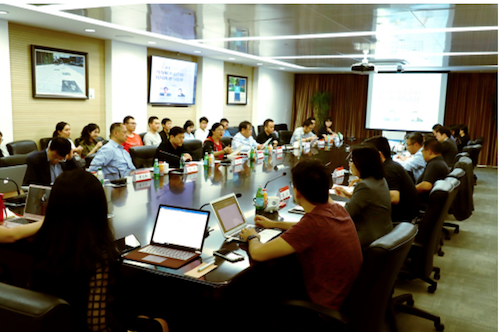
At the beginning of the lecture, Prof. Fu Yulin from Peking University Law School gave an opening speech. She first introduced the guests from the academic and judicial practice circles and expressed their warm welcome to them. She pointed out that for a long time, the exchanges between the theoretical and practical circles have been unilateral, and many misunderstandings have occurred. The purpose of this salon is to provide legal practitioners in various fields with their own perspectives under the same theme. The platform, with a view to the law as the center, condenses the consensus between the theoretical and practical circles on dispute resolution.
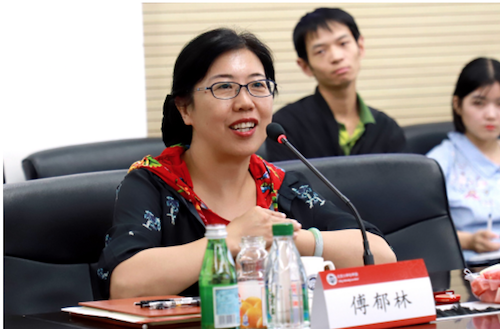
Subsequently, Professor Pan Jianfeng, Dean of Peking University Law School delivered a speech. He once again warmly welcomed the arrival of distinguished guests and believed that the main features of the current civil and commercial disputes include rapid growth in numbers, gradual changes in nature, increasing complexity of cases and increasing number of new types and types of disputes. He pointed out that from the point of view of dispute resolution, the combination of substantive and procedural issues, the combination of theory and practice should be a very important perspective. The "insight" salon can become a loose platform for the exchange of ideas between the theoretical and practical circles. All walks of life, especially King & Wood's law firm's support for Sharon.
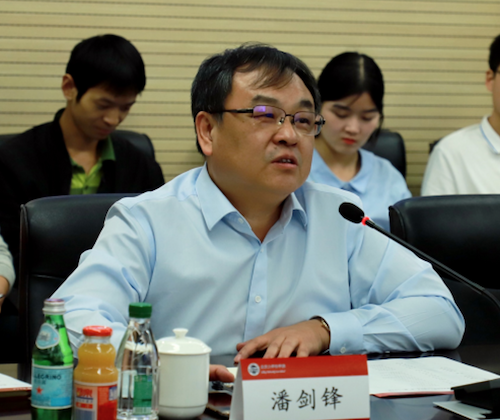
Later, Professor Song Lianbin comprehensively analyzed the advantages and limitations of ADR's original meaning and arbitration in his keynote speech. He believes that translating ADR into an “alternative dispute resolution method” is more appropriate than the traditional “diversified dispute resolution method”, and ADR should not include arbitration and other enforceable dispute resolution methods; The dispute resolution method regarded as “out of litigation” cannot reflect the original meaning of ADR; internationally, international commercial arbitration is a widely recognized mainstream dispute resolution method, and litigation and arbitration are in a reciprocal position, rather than “beneficial in the traditional view”. supplement".
Regarding whether ADR will lower the central position of the judiciary, Professor Song believes that arbitration and ADR are centered on judicial justice. It is precisely because the judiciary provides stable legal expectations, and arbitration and ADR have broad room for development. The enforcement of arbitral awards and the protection of public interests also depend on the judicial path. Therefore, arbitration and ADR will not lower the centrality of the judiciary.
Professor Song also analyzed the advantages and disadvantages of arbitration. He believes that the main advantages of arbitration are as follows: 1. Flexibility and freedom based on party autonomy; 2. Professionalism represented by expert rulings; 3. Internationality, manifested in the universality of enforcement, the rules of recognition Internationalization and consistency of judgment criteria; 4. Confidentiality. He also pointed out that the advantages of arbitration in the traditional sense of speed and low cost have gradually become less obvious. The inadequacies of arbitration mainly include: 1. Autonomy and flexibility are double-edged swords. The parties can use the arbitration procedure to delay the process of dispute resolution; 2. The parties and lawyers can use arbitration to seek other interests; 3. Arbitration is more dependent on participation. The individual's personal cultivation; 4. The lack of consistency, predictability and certainty of arbitration; 5. Limited remedy relief; 6. Arbitration is subject to judicial restrictions. Professor Song pointed out that the lack of arbitration stems from the fact that arbitration is based on the nature of party autonomy and is actually a feature of arbitration. Overcoming these deficiencies needs to be properly considered in the process of further developing arbitration.
Professor Song believes that there is a difference in the understanding of arbitrability between the civil law system and the Anglo-American legal system. Therefore, it is more important and practical to discuss the suitability of arbitration. In this regard, commercial innovations and efficiency-oriented disputes such as new types of commercial disputes, large-scale engineering disputes, pragmatic and efficient disputes, and disputes between business entities are more suitable for arbitration. Finally, Professor Song pointed out that arbitration is an efficiency-promoting dispute resolution method, and efficiency-oriented dispute resolution methods will have a broader development space.
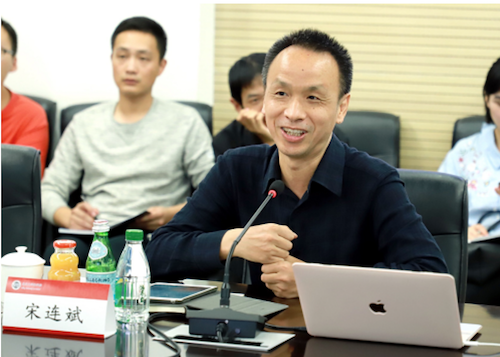
In the subsequent comments on Professor Song’s speech, Ma Jun, the Fourth Intermediate People’s Court of Beijing, said that the judiciary has always been concerned about the development of diversified dispute resolution methods. Arbitration is a substitute for justice, and pluralism is to highlight the division of labor and complementarity between different ways. The judiciary has the advantages of being open, certain, and finding out the convenience of facts, but in some cases, it may be at a disadvantage because the efficiency is too low. He further envisaged that a mechanism for entrusting the judicial system to investigate evidence by an arbitration institution could be established to promote the complementarity of the two, so that the two could gain more room for development.
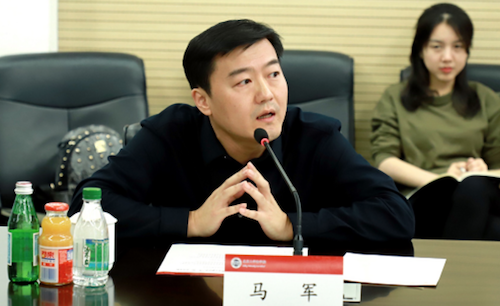
Professor Pan Jianfeng also explained the mutual adaptability of disputes and dispute resolution in the field of arbitration. He believes that the dispute resolution method is suitable for dispute resolution. It is necessary to focus on the motives for resolving disputes, classifying disputes, and applying different dispute resolution methods for different types of disputes.
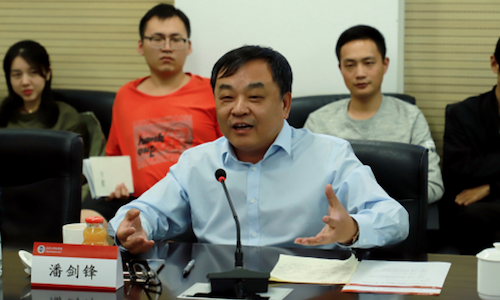
Subsequently, Mr. Huang Wei, a partner of King & Wood Law Firm, made a keynote speech. From the practice, he analyzed the considerations of choosing arbitration and the propositions of the advantages and disadvantages of domestic and foreign arbitration institutions, and the domestic arbitration institutions and courts. Put forward your own expectations. He believes that the efficiency of arbitration and the convenience of international implementation are its main advantages. Domestic arbitration institutions and overseas arbitration institutions have their own advantages and disadvantages. Compared with overseas arbitration, domestic arbitration is highly efficient, but the user experience can be improved. Specifically, the problems of domestic arbitration are: 1. The predictability of the procedure is insufficient. Although the arbitration rules are meticulous, but the arbitrators have excessive discretion, they should establish procedures such as procedural orders to prevent procedural surprises. 2. Insufficient evidence collection methods. The evidence discovery system should be properly used; 3. The testimony of witness testimony is too low. The shortcomings of overseas arbitration are: 1. Excessive evidence discovery; 2. Excessive cross-examination; 3. Some overseas arbitrators are not friendly enough to mainland Chinese parties; 4. Arbitration fees are higher and longer.
On the other hand, in terms of the expectations of arbitration institutions and courts, Mr. Huang expects the arbitration institutions to improve their service awareness and play the role of arbitration participants, so that the parties feel full respect and respect, and promote interaction and trust between participants. . It is expected that the court will not be overly cautious in retaining public order in the practice of judicial review of arbitration, and make good use of public order retention rules to protect parties who have suffered unfair rulings abroad.
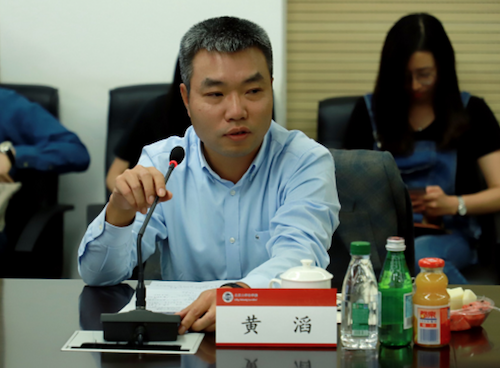
In the subsequent review stage, Deputy Secretary-General Chen Fuyong of the Beijing Arbitration Commission responded to Huang Wei from four aspects: procedural predictability, arbitrator specialization, evidence discovery system and witness testimony. He believed that domestic arbitration institutions were predictable, There have been many efforts for outstanding arbitrators to stand out, and lawyers and other participants should contribute further. He further pointed out that the system is neutral, and any professional group has its own interests, and should prevent the abuse of the arbitration system from deviating from the interests of the parties.
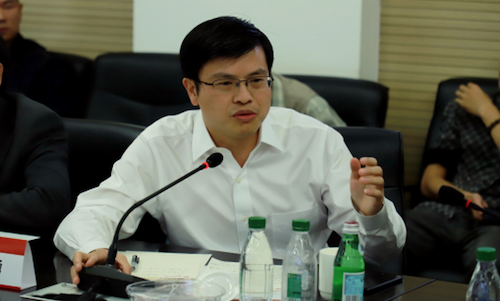
Director Yao Junyi of the China International Economic and Trade Arbitration Commission responded to the speech of Huang Wei on the limitations of arbitration, arbitration fees and the role of lawyers. He believes that the low predictability of arbitration stems from the flexibility and autonomy of arbitration, and the arbitration institution has already established this chapter and promoted reform. In terms of arbitration fees, current practice lacks both incentives and penalties. Lawyers have a great role in arbitration. Arbitration cases require lawyers to make good use of the arbitration system.
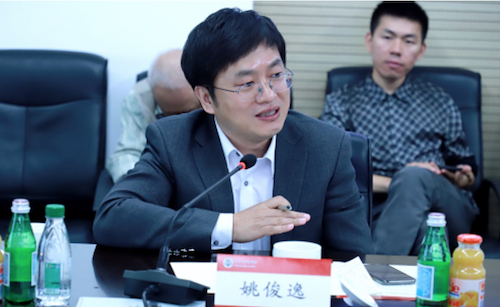
In the discussion, Qi Jihua, former deputy director of the Civil Law Office of the NPC Legal Affairs Committee, combined his own personal participation in arbitration practice, and introduced the observation of the choice of dispute resolution methods and the basic literacy of arbitration institutions, arbitrators and lawyers involved in arbitration. She believes that the choice of dispute resolution methods depends entirely on the parties' own considerations, and the arbitration institutions must rely on their own word of mouth to seize the case.
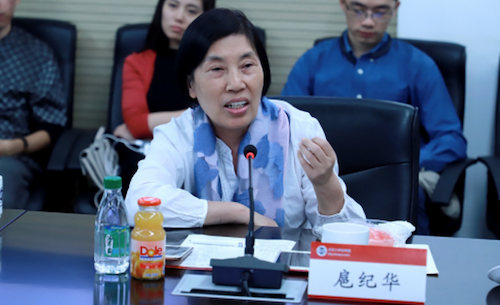
Mr. Liu Rundong, Chief Representative of the Singapore International Arbitration Center in China, believes that Chinese arbiters are less likely to be selected in international arbitration and that Chinese lawyers are relatively less involved, resulting in a lower overall impact. Therefore, in order to change this phenomenon, it is necessary to rely on the choice of Chinese parties in international arbitration.
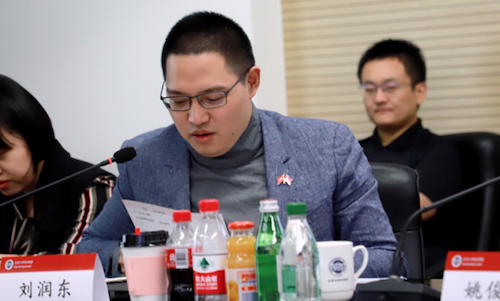
Subsequently, Mr. Peng Ya, a partner of King & Wood Law Firm, explained how to choose the dispute resolution method and the evidence game in the arbitration process. She believes that to a certain extent, arbitration is more predictive than litigation, and some of the uncertainty of arbitration can be avoided through legal arrangements and excellent arbitration secretaries. Regarding the issue of evidence game in the arbitration process, she also believes that the arbitral tribunal prefers to generally apply the standard of proof of liability relative to the court, but the applicable basis of witness testimony in mainland China arbitration is still weak.
Mr. Liu Jing, Senior Consultant of Huizhong Law Firm, on the internationalization of Chinese arbitration, the court evidence investigation order requested by the arbitral tribunal in Hong Kong, the mutual substitution of dispute resolution methods, the importance of mediation as a dispute resolution method and mediation Difficult to explain. He believes that domestic arbitration institutions should innovate institutions and mechanisms to dispel the distrust of foreign parties.
Mr. Qiao Yang, General Counsel of China Datang Corporation, discussed the differences between the management mode of thinking and legal persons and the efficiency of litigation and arbitration from the perspective of legal work of state-owned enterprises, and explained the multiple purposes of state-owned enterprises in dispute resolution. And the complexity of the choice of dispute resolution methods.
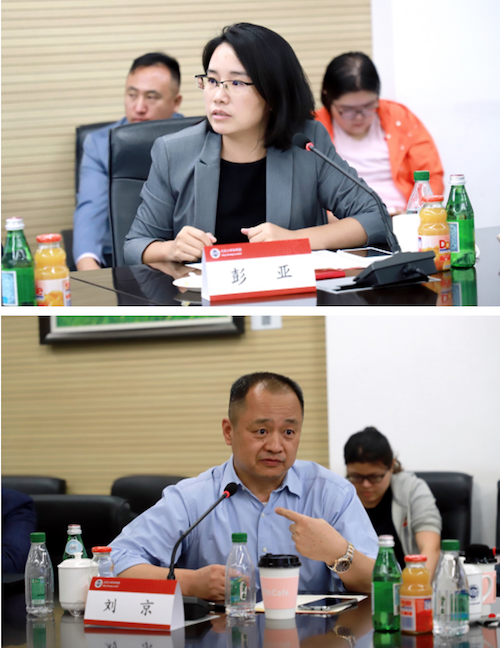
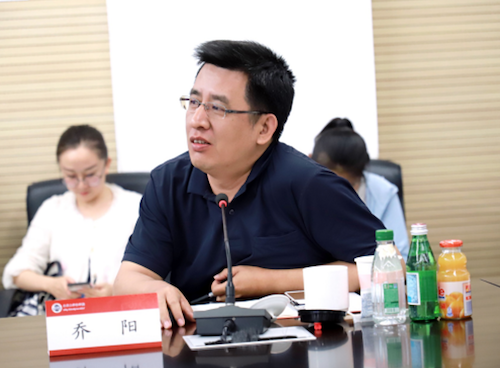
At the final stage of the salon, Professor Fu Yulin summed up Sharon's achievements in the field of communication theory and practice, and said that the law of civil procedure law of Peking University Law School has been devoted to building such a diversified dispute resolution research platform, and will continue to be in the future. Work hard!



